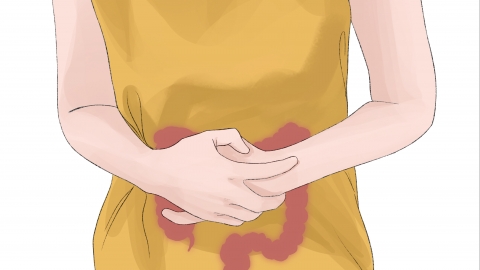Can colon polyp removal lead to infection?
Under normal circumstances, the risk of infection after colon polyp removal is low if the procedure is performed properly and postoperative care is adequate. However, if sterilization during surgery is inadequate, wound damage occurs, or postoperative care is improper, infection may develop. If there are any concerns, it is advisable to consult a healthcare provider in advance. Detailed analysis is as follows:

If the colon polyp removal is performed at a qualified medical facility, with strictly sterilized instruments and standardized surgical procedures, and the patient follows medical advice after surgery—such as maintaining a light diet, avoiding strenuous activities, and preventing constipation or diarrhea that could irritate the surgical site—the intestinal wound will typically heal smoothly, and the likelihood of infection is very low, allowing the body to gradually return to normal.
If sterilization during the procedure is insufficient, or if the patient fails to maintain proper dietary hygiene, engages in heavy physical labor too soon (causing wound tearing), or has underlying conditions such as diabetes that impair healing, bacteria in the intestine may enter the wound and cause infection. Symptoms may include abdominal pain, fever, and increased rectal bleeding. In such cases, prompt medical intervention is necessary to prevent worsening of the condition.
After colon polyp removal, patients should take medications to prevent infection as prescribed and monitor for any abnormal symptoms. Immediate medical evaluation is required if fever, persistent abdominal pain, or worsening rectal bleeding occurs.





